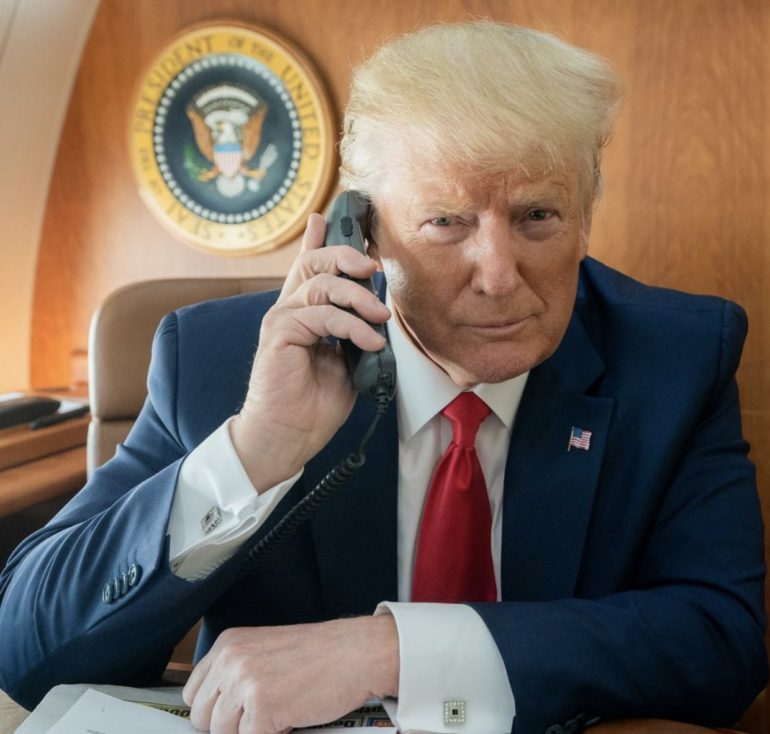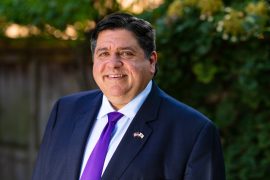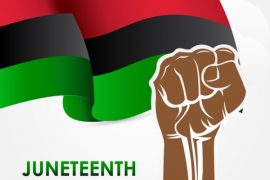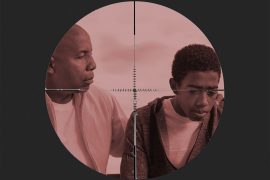“Don’t make no waves, don’t back no losers” was the unofficial motto of Chicago politics back in the heyday of “Hizzoner” the late Mayor Richard J. Daley.
Fact is, more than 70 million Americans just violated that cardinal rule by voting to reelect the current White House occupant, one of the biggest LOSERS in U.S. political history. But make no mistake, the 77 million Americans who voted for the ultimate winner – former Vice President Joe Biden — were set up to do this thunderous thrashing by Black voters. Our Brothers and Sisters not only rescued Biden’s candidacy in the Democratic primaries but put him over the top in the November 3rd general.
This was accomplished thru the virtue of attention, which is the process of concentrating on specific information while ignoring the noise of other, extraneous information. In so doing we escaped the vice of distraction,the specialty of our soon-to-depart president.
Donald Trump’s web of distraction for a time ensnared us all. For months I’d puzzle over why so many white Christians believe he was sent by God; why so many threatened with COVID 19 refused to wear masks; why violent white supremacists earned praise rather than punishment.
What I know now, in the after-light of the Nov. 3 vote, is that the antics of Loser Trump and his Republican enablers were simply distractions– highly addictive distractions – from what really matters in our lives. Some intriguing theories are emerging about this. One is that Loser Trump provided those from poorer or working-class backgrounds with an element of fantasy that allows them to “travel” to places – Trump Tower? Mar-a-Lago? — they may never go. Another theory is that working-class whites, convinced they have been betrayed and cheated by elite globalists, could with Trump gain a measure of revenge. In other words, they were distracted.

Caroline Framke, TV critic at Variety magazine argues: “Trump was the host of a reality show that revolved around the fact that he… is the only person whose opinion matters. It’s still under-appreciated just how effectively he’s transformed the presidency into a national 24/7 experience. It’s not just that he has hawked his own steaks at press conferences; held government events at his self-titled hotels etc. He knows how to get and keep people’s attention in such a way that envisioning life without his presence becomes impossible.”
As the election night (week? month?) unfolds, it’s understandable that, for many, the only real emotion you can muster is exhaustion. The Trump show has been the all-consuming TV production of all time. For a man obsessed with attention, validation and how many viewers he has at any given time, his entire administration has been a Trumpian fever dream come true.
Barack Obama emphasized this point campaigning for Biden. “You’re not going to have to think about the crazy things they said every day,” declared our sorely-missed former president. “You’re not going to have to argue about them every day. It just won’t be so exhausting.”
Then again, it didn’t help that MSNBC and CNN, which also keep close track of ratings, would routinely spend 15 minutes of every 30 minute “news” program criticizing something Loser Trump said. Like the legendary Oscar Wilde once suggested: “The worse thing than being talked about is not being talked about.”
What Really Matters
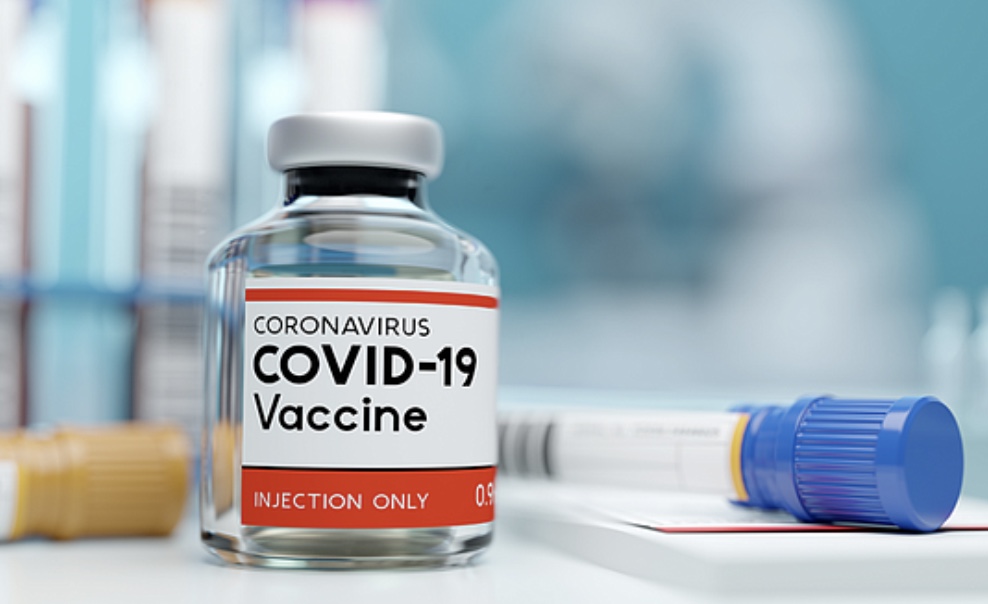
The challenge now is to set aside the attention theft by Loser Trump and to focus on what really counts for African Americans. Our most immediate issue is the COVID 19 pandemic. It’s been proven that Blacks are three times as likely to be infected as whites. This is due, in part, to housing, jobs and other social determinants, but there are other, more immediate factors.
Prisons are releasing a number of inmates due to coronavirus outbreaks and the released are bringing the virus back to their communities. There is chaos surrounding testing, contact tracing, mask wearing and social distancing. And now we have the prospect of a vaccine and all the complications that attach thereto.
Pfizer says its vaccine is more than 90% effective in preventing the disease among volunteers in its trials. That level of protection would put its two dose vaccine on a par with highly effective vaccines like those for measles.
Yet there are questions about vaccines for Black people. There’s the undersized level of Blacks participating in the trials and whether that will be carried over into the distribution phase. Moreover, some such as shut-ins may be unable to get a vaccine while others simply refuse it. And under the best of circumstances, it takes time to make enough vaccine and even more time to distribute it. Besides, no vaccine protects everyone who receives it.
Who Gets Vaccinated?
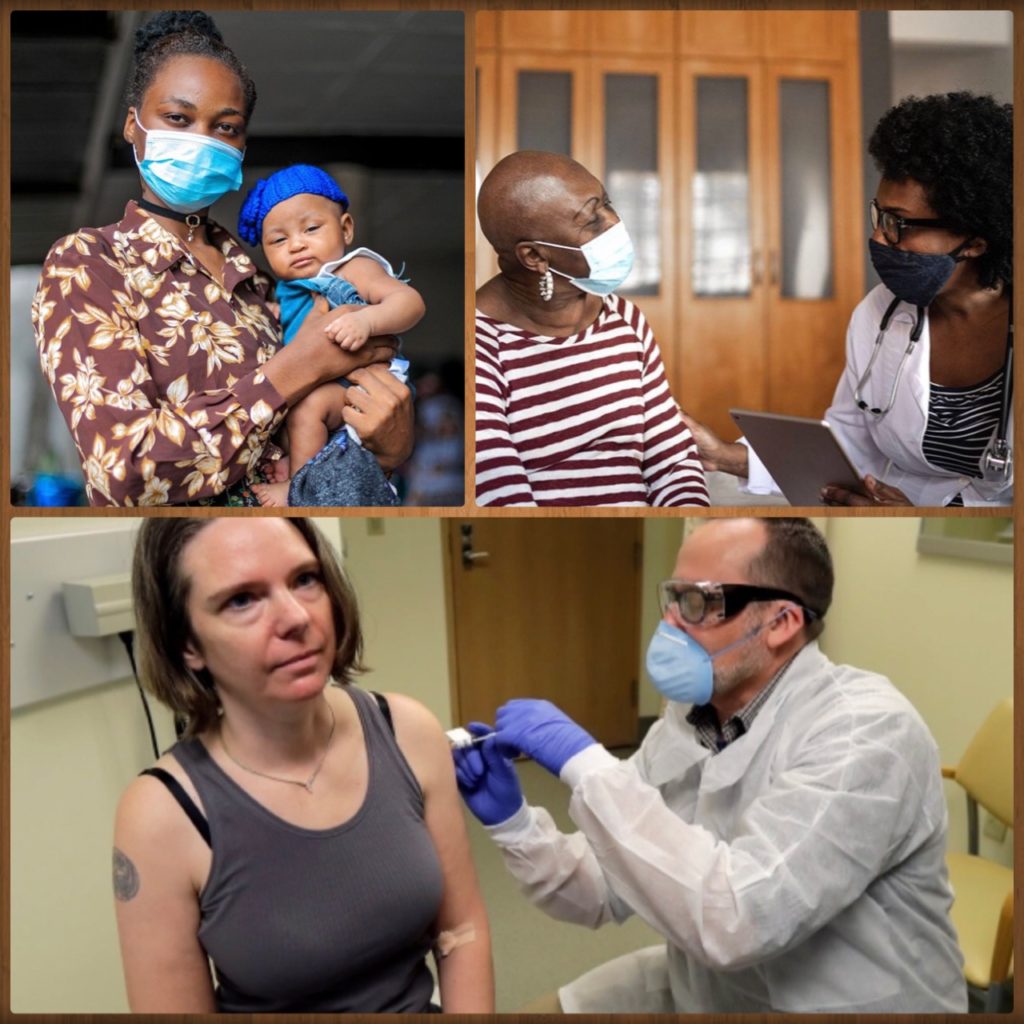
Then there’s the matter of who ought to get the vaccine asap … and who can wait. Alison Galvani of Yale and Jan Medlock of Oregon State argue that we should, instead of trying to protect those facing the greatest danger, vaccinate first those most likely to transmit the virus. Molly Gallagher of Emory University suggests we might improve outcomes – reduce the amount of mortality and reduce the amount of transmissions — by prioritizing certain groups.
Evidence shows college students and young adults are significant transmitters but less likely to suffer complications. So if a vaccine proves effective for all ages, saving the most lives could mean prioritizing children and young adults even though they’re among the least likely to suffer harm.
Laura Matrajt, a Seattle-based expert in the mathematics of public health, calculated that if there was only enough vaccine that is 60% effective to cover 30% of the population, we’d face a choice. Giving it to younger people would minimize symptomatic infections and non-ICU hospitalizations, whereas giving it to older people would minimize ICU hospitalizations and deaths.
Keep in mind, however, that racial minorities have borne a disproportionate burden from the disease. Ought not the distribution schedule address that imbalance? African Americans need to understand this triage over who gets saved. We need to be part of the conversation.
Fighting Irish Folly
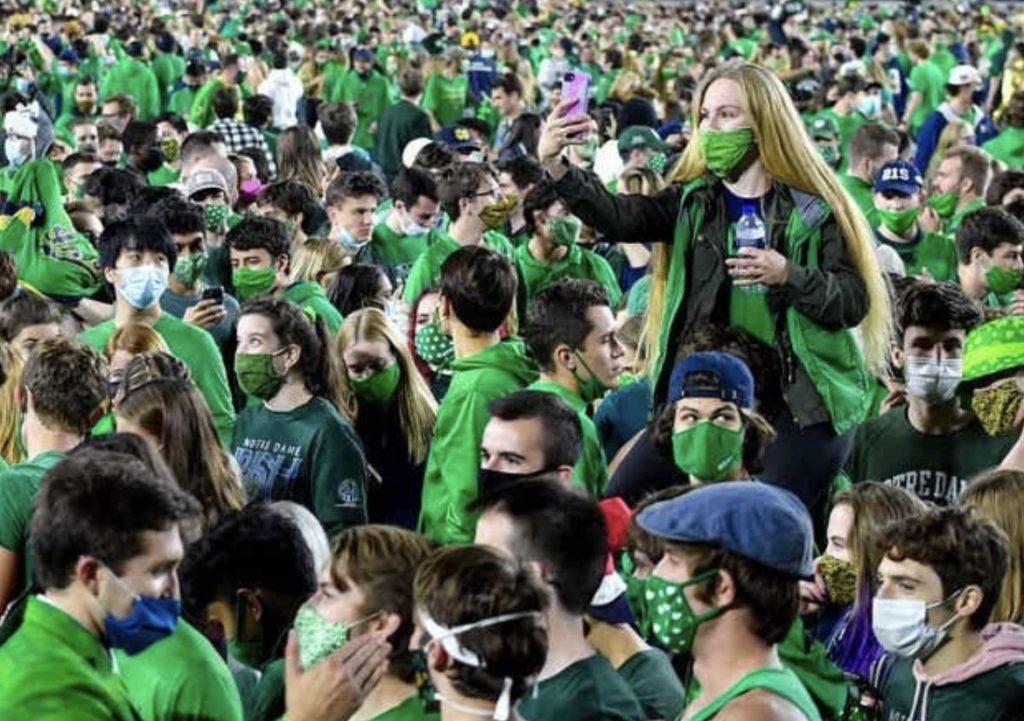
Then there’s the simpler matter of responsible behavior. Some 5,000 Notre Dame students recently stormed the field after their football team beat Clemson U. This not only violated coronavirus protocols but broadcast a terrible example to millions. It was later reported the N.D. coach told players beforehand that their fans would swarm the field if they played well and won.
The school appeared to condone the emotional display because stadium security stood aside when the crowd rushed on. The administration, under fire for allowing this madness, gave a weak admonition to students that grades would be withheld until they were tested. Not very convincing one month after the school’s president was spotted without a protective mask, glad-handing pols at a crowded White House reception.
Lacking exemplary behavior by our president(s), we all struggle to stay safe today without stunting our tomorrows. One of the toughest trade-offs has to do with our schools. Should we go all remote or return to our classrooms? Is there a “hybrid” middle course? What are the pros and cons? These questions are especially crucial for Back students.
The pandemic has revealed how crucial are childcare and early learning, instructional methods and traditional after-school supports. The crisis has also laid bare the economic and racial disparities that hinder equal access to these essential public goods. Childcare is a critical support for working parents but beyond the reach of many cash-strapped Black families.
With so many schools closed due to COVID 19, there is an opportunity now to make more progress on the digital divide – the gap between students who have access to the Internet and those who do not. A divide also between students who are taught to use technology in active creative ways… and those who stick to shopping and gaming.
Then there’s the vexing trade-off between remote l and in-school learning. My son Tim King, leader of a highly successful charter school network here in Chicago, recently laid out the case for in-school in a Chicago Tribune submission.
For the young Black men at his Urban Prep schools, he reminds, far more is at stake than grade point averages or college entrance exams. Classrooms and school gyms are safe, supportive environments. Out on America’s streets, homicide is the leading cause of death for Black male teens, while suicide is the third-leading cause and rising. One in three Black men will be imprisoned in his lifetime compared with 1 in 17 white males. Black male unemployment is higher than in other groups. They are more likely to face excessive force from police. The high school dropout rate for Black males is 41% higher than for white males.
In Chicago, the local data is worse. So far this year more than 3,000 people have been shot, resulting in 550 deaths of which 75% were Black males. Remote schooling, imposed here on charters by public school board edict, will have reverberations for years to come, King argues. Rigorous in-person instruction is desperately needed to counter these grim statistics, adding that every year of education increases positive life outcomes.
Action Items
Clearly the country is not prepared for the latest surge in COVID-19 infections/hospitalizations and Black folks are the most imperiled. Since we don’t yet have a “seat at the table,” let us create tables of our own! Here’s three ideas for action:
- Media marvels Hermene Hartman, Melanie Spann could join with Dr. Claudia Fegan (Cook County) and Dr. David Ansel (Rush Hospital) to create a Zoom meeting place, and later, a social media hotline. This would inform and report on how Black people can survive and prepare for the current pandemic and upcoming winter weather and Holidays.
- BLC leader Charles Smith might convene a Zoom session with educator Tim King; violence expert Dr. Gary Slutkin; along with a WVON designee. The purpose would be to address the challenges of educating Black students in a pandemic. Confront the trade-offs between health risks in class and violence on the streets.
- The results of these events should be summarized in a position paper reflecting the best thinking of Black business leaders, health professionals and seasoned educators. These should be submitted to Mayor Lori Lightfoot and County President Toni Preckwinkle.
Final note: This writer was just in a Zoom meeting with Alpha Phi Alpha brother Raphael Warnock, a Georgian who faces a January run-off election for the U.S. Senate. We will be in touch with voter suppression fighter Stacy Abrams and raising money and manpower to rescue the Senate from the Big Loser’s lieutenants. Ignore distraction and join us at https://warnockforgeorgia.com/
Paul King is a construction consultant and member of Chicago’s Business Leadership Council (BLC).


